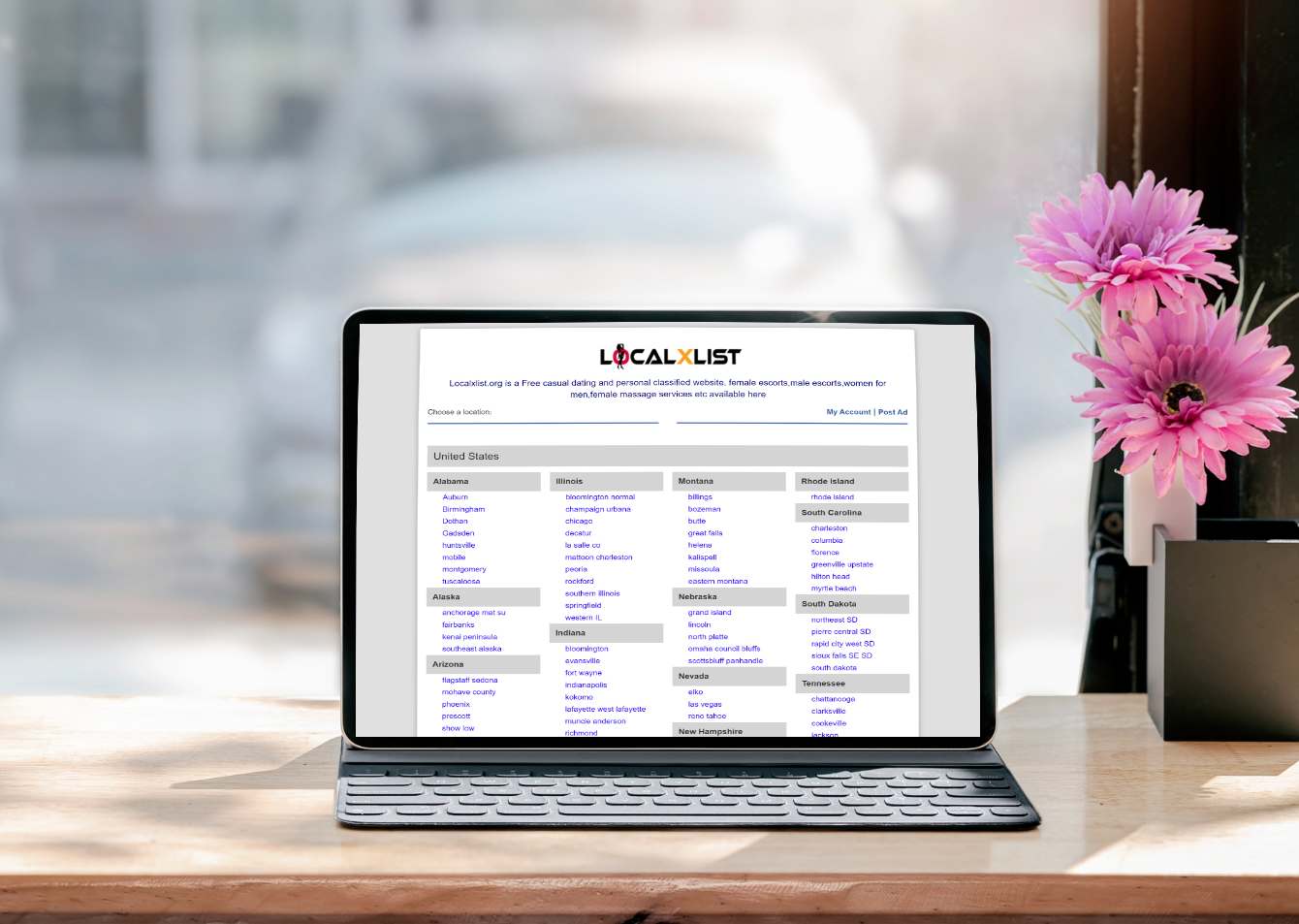Local SEO is a strategy that helps businesses increase their visibility in local search results on platforms like Google. Whether you’re running a small business, a service provider, or a physical store, local SEO is essential for attracting customers in your specific geographic area. In this blog post, we will walk you through what local SEO is, why it’s important, and how you can use effective techniques to improve your local search rankings according to Google’s latest algorithms.
What is Local SEO?
Local SEO (Search Engine Optimization) refers to the process of optimizing your online presence to increase your chances of appearing in local search results. These are searches performed by users looking for businesses, products, or services near them. For instance, when someone searches for “restaurants near me” or “plumbers in [city name],” Google shows a list of businesses in the relevant area.
Local SEO differs from traditional SEO, which focuses on increasing a website’s ranking globally. Instead, it focuses on gaining visibility within a local region or city. To get the best results, local SEO must be tailored specifically to your location and target audience.
Why is Local SEO Important?
Local SEO is a key factor in attracting local customers to your business. Today, people increasingly rely on their smartphones to find local businesses or services. According to recent studies, 46% of all Google searches are seeking local information, and 72% of people who searched for something nearby visited a store within five miles. This shows how critical local SEO is for any business that operates within a specific area.
Without proper local SEO, you may miss out on opportunities to capture potential customers right in your area. Furthermore, local search results on Google are heavily influenced by Google My Business (GMB), reviews, and local citations—factors that differ from standard search engine ranking signals. Optimizing your business for local search not only increases your visibility but also drives traffic to your website and store.
Key Local SEO Ranking Factors
To optimize your website for local SEO, it is important to understand the key factors that influence your local rankings. Below are the essential elements to focus on:
1. Google My Business Profile
Creating and optimizing your Google My Business (GMB) profile is one of the most important aspects of E-com seo service. GMB allows businesses to manage how they appear on Google Search and Google Maps. By providing accurate information, such as your business name, address, phone number (NAP), business hours, website URL, and relevant categories, you can improve your chances of appearing in local search results.
Your GMB profile can also include customer reviews, photos, business descriptions, and posts that can further help you engage with your audience and enhance your search rankings. Make sure to keep your profile updated to reflect any changes to your business.
2. Local Citations
A local citation refers to any online mention of your business name, address, and phone number (NAP). These mentions can appear on local directories, review sites, social media platforms, or websites relevant to your industry. Building consistent local citations helps Google verify your business information and signals that your business is trustworthy.
Some common local citation sources include Yelp, Yellow Pages, Facebook, and TripAdvisor. You should also ensure that your NAP is consistent across all directories and listings. Discrepancies in your business details across different platforms can negatively impact your local search ranking.
3. Online Reviews and Ratings
Online reviews play a significant role in local SEO. Google considers reviews as a ranking signal, and businesses with more positive reviews tend to rank higher in local search results. Reviews not only influence rankings but also help build trust with potential customers. Most customers rely on reviews to make purchasing decisions, so getting genuine, positive reviews can boost your local SEO efforts.
Encourage your customers to leave reviews on your GMB profile and other review platforms. Respond to reviews—whether they’re positive or negative—in a professional manner, as this can help improve customer engagement and enhance your reputation.
4. On-Page SEO Optimization
On-page SEO refers to optimizing individual pages on your website to make them more relevant for local searches. For local SEO, this includes:
- Title Tags & Meta Descriptions: Include location-specific keywords in your title tags and meta descriptions. For example, if you’re a dentist in Chicago, a good title tag might be “Best Dentist in Chicago | [Your Practice Name]” and a meta description such as “Visit [Your Practice Name] for expert dental care in Chicago. Schedule your appointment today.”
- Local Keywords: Use keywords that reflect both your business and the geographic area you serve. For example, “pizza delivery in Miami” or “tax services in Austin.”
- NAP Information: Ensure that your business’s name, address, and phone number are prominently displayed on your website, preferably in the footer of each page.
- Local Content: Incorporate locally relevant content on your blog or service pages. You could write about local events, partnerships with other local businesses, or community involvement to boost your local relevance.
5. Mobile-Friendliness
With the increasing use of mobile devices for local searches, it is crucial to ensure that your website is mobile-friendly. Google’s algorithms prioritize mobile-friendly websites, and if your website doesn’t work well on mobile devices, your local search rankings could suffer.
Test your site’s mobile-friendliness using Google’s Mobile-Friendly Test tool. Ensure that your website loads quickly, has readable text, and provides easy navigation on smaller screens. Websites that perform well on mobile are more likely to rank higher in local search results.
6. Local Backlinks
Backlinks are an important ranking factor for SEO in general, but they are equally significant for local SEO. Acquiring backlinks from local websites—such as local news sites, blogs, or other businesses in your area—can boost your local rankings. These backlinks signal to Google that your business is recognized and relevant within your local community.
Reach out to local organizations, sponsors, or collaborators to obtain backlinks to your website. Local partnerships, sponsorships, or participation in local events can also provide opportunities to earn valuable backlinks.
7. Local Content Creation
Another way to improve your local SEO is by creating content that is specifically tailored to your local audience. This could include writing about local events, sharing news stories, or discussing topics of interest to people in your area. By creating content that resonates with your community, you can increase your relevance for local searches and establish your business as a local authority in your industry.
For instance, if you run a local bakery, you could write blog posts about the best food events in your city or offer tips for baking in a local climate. When people search for related topics, they may come across your content and be more likely to visit your business.
8. Structured Data Markup (Schema)
Schema markup is a code you can add to your website to help search engines understand your business information better. Using structured data markup for local SEO can help Google display rich snippets, which include your business name, address, phone number, hours of operation, and even customer reviews in search results.
Implementing local business schema on your website can increase your visibility in search results and make it easier for potential customers to find your business.
Tips for Tracking Your Local SEO Performance
To gauge the effectiveness of your local SEO efforts, it’s important to track your progress. You can use tools like Google Analytics, Google Search Console, and Google My Business Insights to monitor your website traffic, search rankings, and customer engagement.
Look at key metrics such as organic search traffic, rankings for local keywords, and the number of reviews and ratings your business receives. These insights will help you adjust your strategies and improve your local SEO over time.
Conclusion
Local SEO is an essential aspect of online marketing for businesses looking to attract customers in their local area. By optimizing your Google My Business profile, getting local citations, collecting positive reviews, and optimizing your website for local keywords, you can improve your visibility in local search results and ultimately grow your business.
As Google’s algorithms continue to evolve, it’s important to stay updated with the latest best practices for local SEO to ensure your business remains competitive in your local market. By consistently applying the tips shared in this guide, you’ll be better positioned to rank higher in local search results and bring in more local customers to your business.




